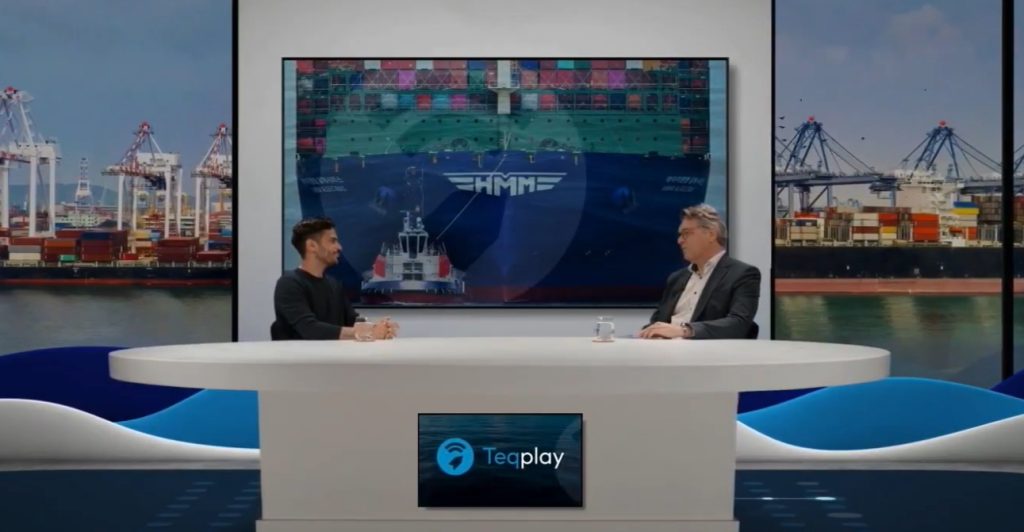Just-In-Time Arrival: Only A Dream?
Just-in-time (JIT) operations represent a significant aspiration for the maritime industry, promising enhanced efficiency and reduced costs. However, achieving JIT is complex and requires the integration of numerous moving parts. Is there a one-size-fits-all solution to address all the challenges? Or are the challenges too daunting to be practical? Let’s explore these questions in this blog post!
The Complexity of Just-In-Time Operations
Just-in-time operations necessitate precise synchronization of multiple variables, including berthing schedules, cargo specifics, and terminal operations. Léon Gommans, CEO at Teqplay, emphasizes the need for localized solutions:
I think if we talk about the concept of just-in-time, it needs to be localized to what is actually the berthing that is taking place. Who are the actors? What is the cargo that is on the vessel? What is the terminal that we're visiting?
Léon Gommans
CEO & co-founder of Teqplay

Localized Solutions and Hyperlocal Models
The complexity of JIT operations makes it unlikely that a one-size-fits-all solution can address every scenario. Instead, localized solutions, such as hyperlocal weather models provided by i4sea, play a crucial role. These models offer precise, context-specific data that can significantly improve decision-making at a local level.
The Role of Collaboration
Achieving JIT operations requires seamless collaboration between various stakeholders. Léon Gommans highlights the dual aspects of JIT:

I think just-in-time requires two sides of the equation, right? It's the planned time of arrival at the terminal and the estimated arrival time of the vessel. And it's the calibration of those two times to make sure that it’s aligned. That requires collaboration.
Léon Gommans
In a conversation with co-founder of i4sea Bruno Balbi
Influencing Factors and Real-Time Adjustments
Both terminal operations and maritime conditions impact JIT schedules. Terminal activities can alter the planned time of arrival, while maritime events can affect the estimated arrival time of the vessel. Aligning these factors necessitates real-time communication and coordination, underscoring the importance of collaborative frameworks.
The concept of just-in-time operations in the maritime industry is deeply rooted in local variables and requires robust collaboration among all parties involved. While there is no single global solution that can address every aspect of JIT, leveraging localized models and fostering strong partnerships can bring the industry closer to this ideal. By integrating precise data and encouraging cooperation, the maritime sector can make significant strides toward achieving just-in-time operations, ultimately enhancing efficiency and reducing operational costs.
Hear more from Teqplay’s maritime experts and industry thought leaders in our video podcast here.
